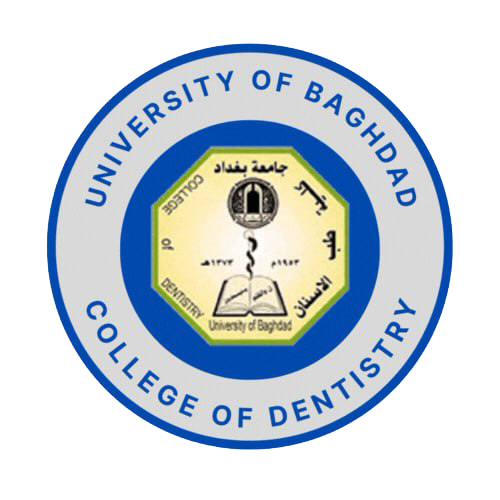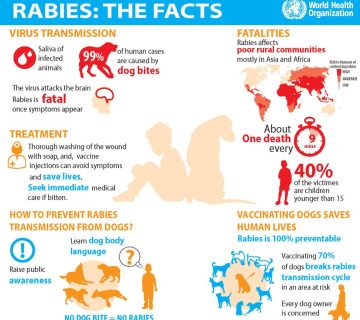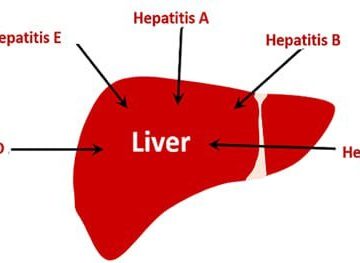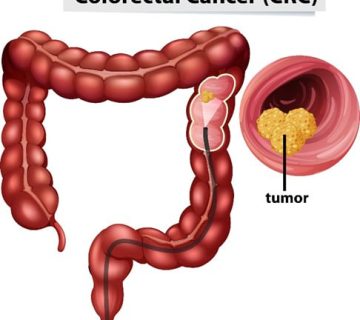Drug abuse has multiple negative effects on overall health, but its impact on oral health can be among the most visible and direct. Drug use leads to various oral and dental health problems, including tooth decay, gum infections, dry mouth, and other conditions that can result in complete tooth loss. Drugs such as methamphetamine, cocaine, heroin, and cannabis are among the most harmful to oral health.
Effects of Drugs on Oral Health
- Tooth Decay Tooth decay is one of the most common issues among drug users, especially those who use methamphetamine, a condition often referred to as “meth mouth.” A study published in the Journal of the American Dental Association found that 96% of methamphetamine users suffer from tooth decay, compared to about 28% of the general population. Methamphetamine use reduces saliva production, which increases the acidity of the mouth and the risk of tooth decay.
- Dry Mouth Many drugs, including methamphetamine and cocaine, cause dry mouth by reducing saliva production. Saliva plays a crucial role in cleansing the mouth and protecting teeth from decay. Chronic dry mouth increases the risk of tooth decay and gum inflammation and can cause cracked lips and mouth sores.
- Gum Inflammation and Diseases Gum inflammation and other periodontal diseases are common among drug users, as drugs alter the microbial environment of the mouth, contributing to infection development. Cocaine use, especially when applied to the gums, increases the risk of gum inflammation due to its direct effects on oral tissues. A study in Periodontology 2000 reported that cocaine users are at a higher risk of severe gum inflammation.
- Tooth Erosion Certain drugs, like cannabis, can cause long-term tooth erosion. Cannabis use may lead to the erosion of tooth enamel due to the acids present in the inhaled smoke. Additionally, cannabis users often have poor oral hygiene practices due to neglect of routine healthcare.
- Mouth and Tongue Problems Drug abuse can lead to cracked tongues and painful sores in the mouth. Heroin and methamphetamine reduce blood flow to tissues, increasing the risk of chapped lips and mouth ulcers.
Prevention and Treatment
Preventing the oral health damage caused by drug abuse requires a multifaceted approach, including raising awareness of drug effects and promoting oral healthcare. Healthcare professionals should provide support and guidance to individuals struggling with drug addiction to help them receive appropriate treatment. Professional therapy and psychological support are essential components in restoring both general and oral health for these individuals.
References
- American Dental Association. (2020). “Methamphetamine use and oral health: a scientific statement from the American Dental Association.” Journal of the American Dental Association, 151(6), 405-414.
- Saini, G. K., Gupta, N. D., & Prabhat, K. C. (2013). “Drug addiction and periodontal diseases.” Journal of Indian Society of Periodontology, 17(5), 587-591.
- Shetty, V., Harrell, L., Murphy, D. A., & Vallejos, M. (2016). “Dental disease patterns in methamphetamine users: findings in a large urban sample.” Journal of the American Dental Association, 147(8), 531-541.
- Rawson, R. A., & Ling, W. (2021). “Methamphetamine and oral health: A review of the literature and implications for clinical practice.” Periodontology 2000, 87(1), 57-68.Asst. Prof. Dr. Noor R. Al-HasaniElectronic Health Unit Manager
30 -8-2024








